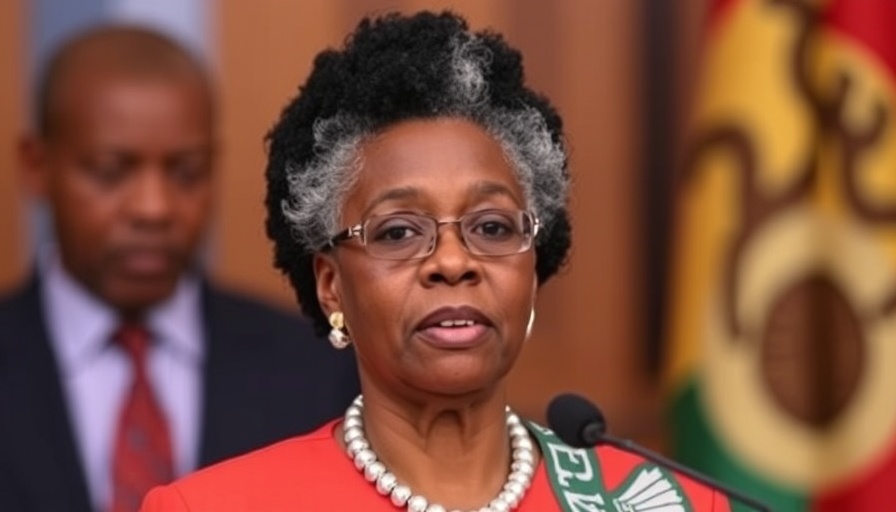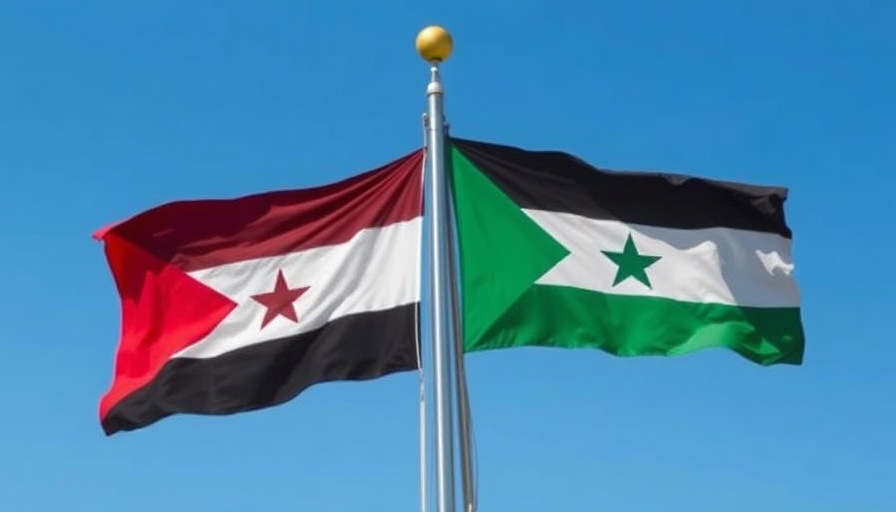
Understanding the Alarming Rise in Suicide Rates in Namibia
As reports of soaring suicide rates circulate, Namibian President Netumbo Nandi-Ndaitwah has voiced profound concern over this burgeoning mental health crisis. Suicide rates in Namibia have burgeoned alarmingly in recent years, reflecting a disturbing trend that signals a potential societal upheaval. With economic pressures, social disarray, and insufficient mental health support services, the government faces significant challenges in addressing these issues.
The Socioeconomic Landscape of Namibia
The socio-economic climate of Namibia plays a crucial role in understanding this mental health crisis. With a staggering unemployment rate and ongoing economic struggles, especially in rural areas, many young Namibians find themselves trapped in cycles of hopelessness. This economic despair often spills over into mental health issues, exacerbating the population's vulnerability to suicide. The government must take urgent action to empower its citizens through economic opportunities and mental health initiatives.
Global Comparisons: What Can We Learn?
When juxtaposed with global data, Namibia's challenges resonate on broader scales, where many nations grapple with similar spikes in suicide rates post-pandemic. The World Health Organization reports that mental health has been severely impacted worldwide as societies navigate the aftermath of not just illness but also economic downturns. This parallel underlines the necessity for international cooperation in addressing mental health crises across nations, showcasing how interconnected our global status truly is.
Strategizing for Solutions: The Path Ahead
To tackle the looming threat of suicide rates, President Nandi-Ndaitwah has called for collaborative efforts between governmental bodies and local organizations. Initiatives that focus on community outreach, mental health literacy, and improving access to psychological support will be vital. As stakeholders in the economic recovery of Africa, investors and policymakers must recognize the urgency of health crises like this, which ultimately impact overall economic productivity and stability.
Call to Action: Join the Conversation
As business leaders, investors, and policymakers, engaging in discussions about mental health can play a critical role in shaping national policies. Promoting mental health initiatives not only supports the community but also drives economic growth. Your involvement is essential in creating a sustainable and resilient future for Namibia and beyond.
 Add Row
Add Row  Add
Add 


Write A Comment